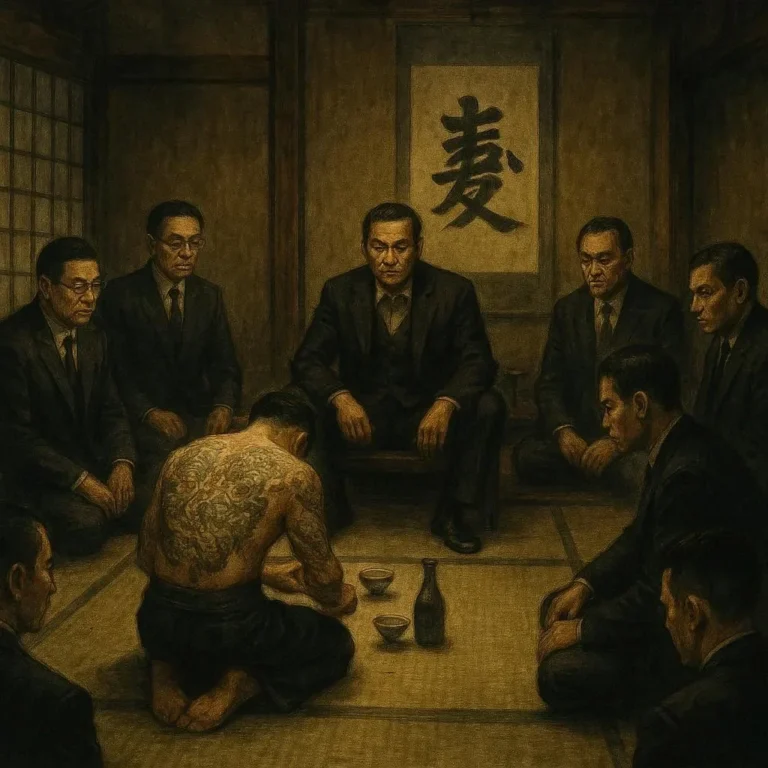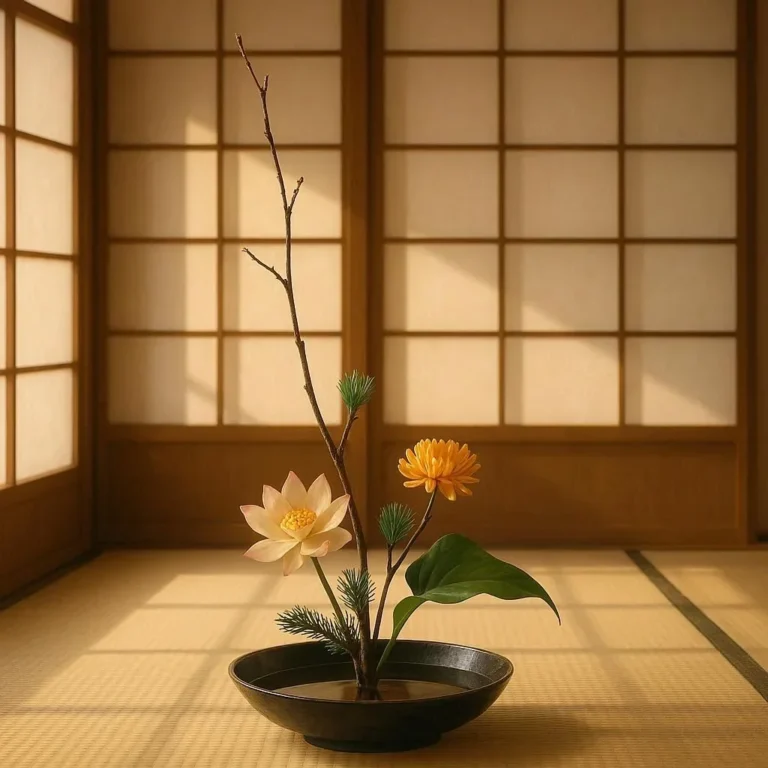510 views The Warrior’s Path: How Samurai Shaped Japanese Identity
The samurai, with their imposing armor, razor-sharp katana, and unwavering code of honor, are one of the most iconic and revered figures in Japanese history. For centuries, these warrior-scholars dominated the cultural, social, and political landscape of Japan, leaving an indelible mark on the nation’s identity. Their influence extends far beyond the battlefield, shaping concepts of honor, discipline, and loyalty that remain central to Japanese values today.
In this blog post, we’ll delve into the fascinating history of the samurai, exploring how their traditions, philosophies, and way of life helped shape the very essence of Japanese identity.
The Origins of the Samurai
The samurai class emerged during the Heian period (794–1185 CE), when the need for skilled warriors arose to protect the imperial court and the emerging feudal states. Initially, they were known as bushi, a term that referred to warriors or soldiers. Over time, the term samurai became more prevalent, derived from the Japanese word samurai, meaning “those who serve.”
The samurai were not just mere fighters; they were members of the warrior class, adhering to a strict code of conduct known as bushido. This code emphasized courage, loyalty, veracity, and self-discipline, setting the samurai apart from other classes in Japanese society. Their role was not only to protect but also to serve as moral and cultural leaders.
The Rise of the Samurai Class
The samurai’s influence grew significantly during the Kamakura period (1185–1333), when they became the dominant force in Japanese politics. The establishment of the Kamakura shogunate, led by Minamoto no Yoritomo, marked the beginning of warrior rule in Japan. The samurai class solidified its position as the ruling elite, overlooking the power of the imperial court.
During this period, the samurai’s role extended beyond warfare. They became administrators, managing lands and overseeing the implementation of laws. Their leadership skills and strategic thinking were as valued as their martial prowess, further cementing their importance in Japanese society.
The Samurai Code: Bushido
At the heart of the samurai’s identity was the code of bushido, a set of principles that governed their behavior both on and off the battlefield. Bushido, which translates to “the way of the warrior,” was a code of ethics that emphasized:
- Rectitude (gi): Adhering to moral principles and justice.
- Courage (yū): Facing danger with resolve and determination.
- Benevolence (jin): showing compassion and kindness to others.
- Respect (rei): Practicing etiquette and respect for others.
- Honesty (makoto): Being truthful and trustworthy.
- Loyalty (chū): Devotion to one’s lord, family, and community.
- Self-discipline (jiritsu): Cultivating self-control and perseverance.
Bushido was more than a set of rules; it was a way of life. It dictated how samurai should behave in every aspect of their lives, from their interactions with others to their personal growth. This code of conduct was passed down through generations, shaping not only the samurai but also the broader Japanese society.
Beyond Warfare: The Samurai’s Cultural Impact
The samurai’s influence extended far beyond the realm of warfare. They were patrons of the arts, scholars, and philosophers, contributing significantly to Japan’s cultural heritage.
Literature and Poetry
Many samurai were accomplished poets and writers, often expressing their thoughts and emotions through literature. The haiku, a traditional form of Japanese poetry, was popularized by samurai who used it to reflect on nature and the fleeting nature of life. The works of notable samurai poets, such as Matsuo Bashō, continue to be celebrated for their depth and beauty.
Calligraphy and Art
Samurai were also skilled calligraphers and artists. The practice of shodō (Japanese calligraphy) was deeply valued as a means of cultivating mental discipline and artistic expression. Similarly, samurai often studied sumi-e (ink painting), using it as a medium to explore their inner world and connect with nature.
Tea Ceremony
The chanoyu (Japanese tea ceremony), a ritual in which green tea is prepared and served in a specially designed room, was heavily influenced by samurai culture. The ceremony, which emphasizes harmony, respect, and simplicity, was popularized by samurai who saw it as a way to find peace and balance in a chaotic world.
The Samurai and Japanese Identity
The samurai’s influence on Japanese identity cannot be overstated. Their values of honor, loyalty, and self-discipline have become ingrained in the national psyche, shaping the way Japanese people view themselves and their place in the world.
Honor and Reputation
In Japan, the concept of honor is deeply rooted in samurai traditions. The idea that one’s reputation is one’s most valuable asset is a legacy of the samurai’s emphasis on maintaining their personal and familial honor. This can be seen in modern Japanese culture, where saving face and avoiding shame are considered crucial.
Loyalty and Community
The samurai’s commitment to their lord and community is reflected in Japan’s strong sense of collective responsibility. The idea of wa (harmony) and hōrenso (reporting, contacting, and discussing) in modern Japanese business and social life owes much to the samurai’s emphasis on loyalty and teamwork.
Perseverance and Resilience
The samurai’s adherence to self-discipline and perseverance has inspired generations of Japanese people to face challenges with determination and resilience. The concept of ganbaru (to persist stubbornly) is a modern expression of this samurai spirit.
The Legacy of the Samurai
Although the samurai class was officially disbanded in the late 19th century during the Meiji Restoration, their legacy lives on in Japan. The samurai’s values, traditions, and way of life continue to inspire people around the world.
Modern Applications of Bushido
Today, the principles of bushido are applied in various contexts, from business and education to sports and personal development. Companies in Japan often emphasize the importance of loyalty, discipline, and teamwork, drawing on the samurai’s example. Similarly, martial arts such as karate, judo, and kendo are practiced worldwide, promoting the same values of self-control and respect that the samurai upheld.
Cultural Icons
The samurai remains a cultural icon in Japan, celebrated in literature, film, and art. From the classic novels of Eiji Yoshikawa to modern films like The Last Samurai, the samurai’s story continues to captivate audiences, reminding them of the importance of honor, courage, and loyalty.
Conclusion
The samurai’s path was not just a warrior’s path; it was a way of life that shaped the very fabric of Japanese identity. Their values of honor, loyalty, and self-discipline have transcended time, inspiring generations to live with purpose and integrity. As we reflect on the samurai’s legacy, we are reminded that true strength lies not in physical prowess, but in the courage to uphold one’s principles and serve others with compassion and dedication. The warrior’s path is a timeless journey, one that continues to guide us toward a life of meaning and fulfillment.







